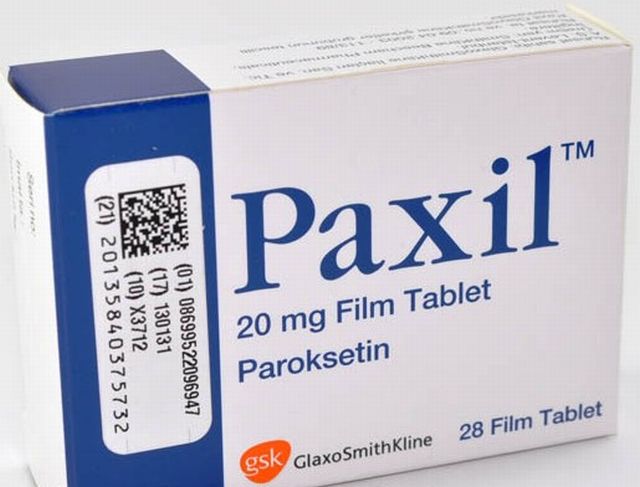
Q: Is it true that selective serotonin reuptake inhibitors (SSRIs) like Paxil decrease Testosterone?
A: No. I do not know of any evidence that Paxil or for that matter antidepressants decrease serum testosterone levels. The antidepressants as a class do affect sexual function.
Epidemiological studies indicate that sexual dysfunction and erectile dysfunction in particular are common in the general population, but also frequent symptoms of both untreated and treated depression. The term ‘sexual dysfunction’ describes a disturbance in sexual desire and the psychophysiological changes that characterize the normal sexual response cycle, and cause marked personal distress and interpersonal difficulty.
The ideal antidepressant would control depression with no adverse effect on sexual function. Sexual side effects may compromise a person’s lifestyle and result in a lack of compliance with the prescribed antidepressant to the detriment of the person’s mental health. Sexual dysfunction (including altered desire, orgasmic dysfunction, erectile and ejaculatory problems) is a relatively common side effect of antidepressant medication. The impact of antidepressant-induced sexual dysfunction is substantial and negatively affects quality of life, self-esteem, mood, and relationships with sexual partners.
Most antidepressant drugs have adverse effects on sexual function, but accurate identification of the incidence of treatment-emergent dysfunction has proved troublesome. Erectile dysfunction and associated sexual dysfunction secondary to antidepressant therapy may occur in up to 90% of men with antidepressant-emergent sexual side effects; accurate assessment of prevalence rates depends on taking a detailed history regarding erectile dysfunction and other aspects of sexual function prior to treatment.
The currently available evidence is rather limited, with small numbers of trials assessing each strategy. However, while further randomized data is awaited, for men with antidepressant-induced erectile dysfunction, the addition of sildenafil appears to be an effective strategy.
Many approaches have been adopted for management of patients with sexual dysfunction associated with antidepressant treatment, including waiting for the problem to resolve, behavioral strategies to modify sexual technique, individual and couple psychotherapy, delaying the intake of antidepressants until after sexual activity, reduction in daily dosage, ‘drug holidays’, use of adjuvant treatments, and switching to a different antidepressant.
There may be some advantages for bupropion, moclobemide, nefazodone and reboxetine over other antidepressants. Mixed mediator, nonserotonergic antidepressants that block postsynaptic serotonin type 2 receptors (nefazodone, mirtazapine) or that primarily increase dopamine or norepinephrine levels (bupropion) were thought to be good choices for avoiding antidepressant-associated sexual dysfunction or for switching patients in whom antidepressant-associated sexual dysfunction emerged. Comparisons with serotonin reuptake inhibitors (SRIs) have revealed less desire and orgasm dysfunction with nonserotonergic bupropion, less orgasm dysfunction with nefazodone, and superior overall satisfaction with sexual functioning with bupropion or nefazodone.
Few proposed treatment options, apart from avoidance, have proved effective for antidepressant-associated sexual dysfunction, which can have negative consequences on depression management.
About the author
The research of Michael Scally focuses on returning individuals to normal physiology after the discontinuation of anabolic steroids. Dr. Scally has presented his medical protocol for the treatment of Anabolic Steroid Induced Hypogonadism before the Endocrine Society, American Association of Clinical Endocrinologists, American College of Sports Medicine, and International Workshop on Adverse Drug Reactions and Lipodystrophy in HIV. Dr. Scally is the author of "Anabolic Steroids - A Question of Muscle: Human Subject Abuses in Anabolic Steroid Research."
Leave a Reply
You must be logged in to post a comment.